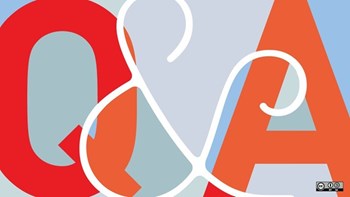
Q. What can be done if a unit owner, who has not paid his or her maintenance for a year and owes the association $30,000, has now declared bankruptcy. How does the association get its money?
—Stuck With the Bill
A. “It is impossible to provide a reliable and completely useful answer to this question,” says attorney Elysa D. Bergenfeld of Ansell Grimm & Aaron, P.C., in Princeton. “The rights and strategies available to a condominium vis a vis unpaid assessments can be determined and discussed only on a case-by-case basis, once counsel is presented with all of the relevant facts.
“A few comments though. First, it could end up being a major challenge to do anything successful with a balance that was allowed to grow to $30,000.00. Second, as long as the condominium is represented by counsel properly experienced in the representation of condominiums, it may have a great chance to recover funds despite any bankruptcy, and perhaps because of any bankruptcy. Despite what a board often hears from counsel, a debtor’s bankruptcy does not end that condominium’s ability to recover unpaid amounts. If the condominium, and its lawyer have acted diligently and properly up to the point that a bankruptcy was filed, that condominium should be situated in a way as to have significant rights vis a vis any bankruptcy. Third, and in general, a condominium’s rights and strategies related to unpaid assessments and a debtor’s bankruptcy vary depending upon whether the debtor filed a Chapter 7 or a Chapter 13. A Chapter 7 is a ‘give up’ bankruptcy, and a condominium should be able to foreclose upon a pre-petition lien, despite the Chapter 7. A Chapter 13 is a ‘time out’ bankruptcy, and a condominium may be able to recover, in full, all amounts secured by a lien, recorded prior to that bankruptcy’s filing date.”



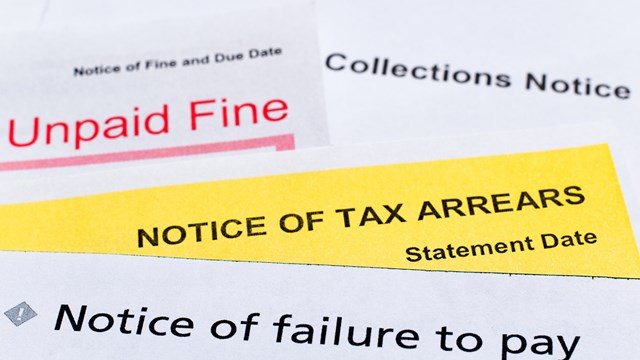
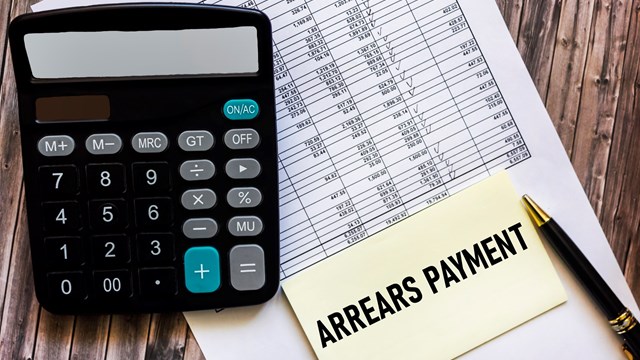
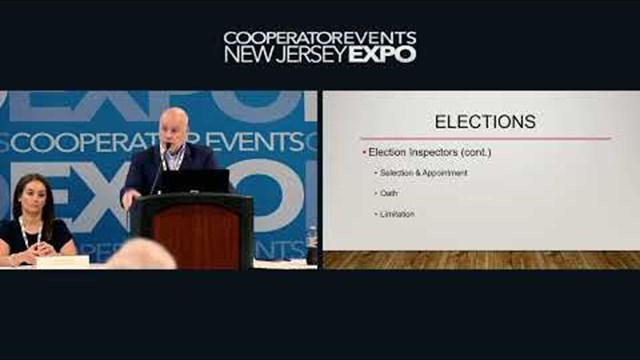
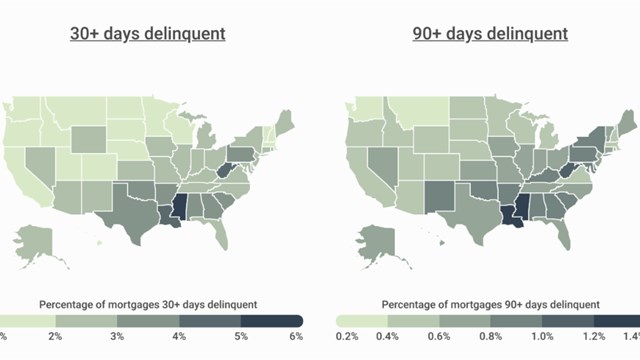
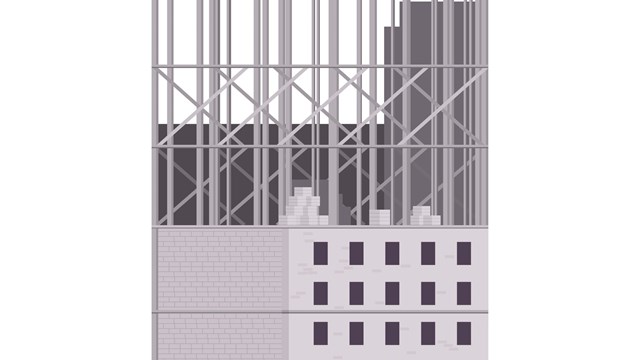
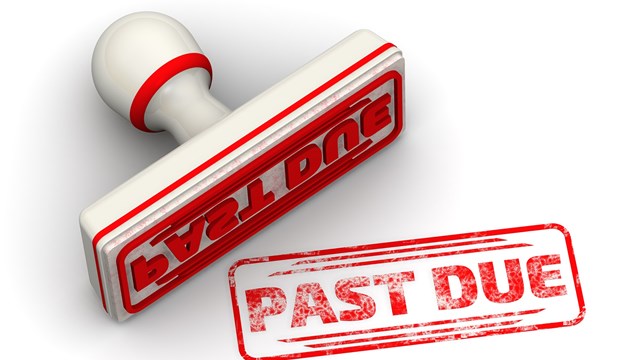
Comments
Leave a Comment